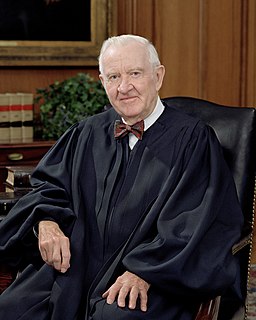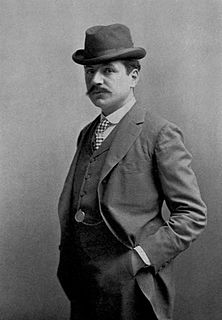A Quote by Georgia O'Keeffe
We feared the heartlessness of human beings, all of whom are born blind, few of whom ever learn to see.
Quote Topics
Related Quotes
We disliked the rigours of existence, the unfulfilled longings, the enshrined injustices of the world, the labyrinths of love, the ignorance of parents, the fact of dying, and the amazing indifference of the Living in the midst of the simple beauties of the universe. We feared the heartlessness of human beings, all of whom are born blind, few of whom ever learn to see.
There are few people whom I really love, and still fewer of whom I think well. The more I see of the world, the more am I dissatisfied with it; and every day confirms my belief of the inconsistency of all human characters, and of the little dependence that can be placed on the appearance of merit or sense.
There are really three players: 'absolutists', for whom it is possible to describe reality as it anyway is; 'constructivists' or 'humanists', for whom there is nothing beyond a world that is relative to human interests and conceptual schemes; and 'ineffabilists', like myself, for whom any describable world indeed exists 'only in relation to man', as Heidegger put it, but for whom, as well, there is an ineffable realm 'beyond the human'.
The being who, for most men, is the source of the most lively, and even, be it said, to the shame of philosophical delights, the most lasting joys; the being towards or for whom all their efforts tend for whom and by whom fortunes are made and lost; for whom, but especially by whom, artists and poets compose their most delicate jewels; from whom flow the most enervating pleasures and the most enriching sufferings - woman, in a word, is not, for the artist in general... only the female of the human species. She is rather a divinity, a star.
We have a great deal more kindness than is ever spoken. The whole human family is bathed with an element of love like a fine ether. How many persons we meet in houses, whom we scarcely speak to, whom yet we honor and who honor us! How many we see in the street, or sit with in church, whom though silently, we warmly rejoice to be with! Read the language of these wandering eye-beams. The heart knoweth.
If you have never wept bitter tears because a wonderful story has come to an end and you must take your leave of the characters with whom you have shared so many adventures, whom you have loved and admired, for whom you have hoped and feared, and without whose company life seems empty and meaningless. If such things have not been part of your own experience, you probably won't understand what Bastian did next.
It might be added that corporations have no consciences, no beliefs, no feelings, no thoughts, no desires. Corporations help structure and facilitate the activities of human beings, to be sure, and their ‘personhood’ often serves as a useful legal fiction. But they are not themselves members of ‘We the People’ by whom and for whom our Constitution was established.
Prudence does not mean failing to accept responsibilities and postponing decisions; it means being committed to making joint decisions after pondering responsibly the road to be taken, decisions aimed at strengthening that covenant between human beings and the environment, which should mirror the creative love of God, from whom we came and towards whom we are journeying.







































